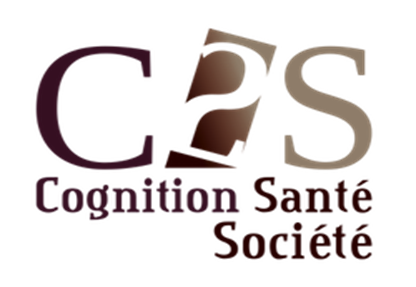A laboratory for psychology researchers at URCA
The C2S laboratory, created on January 1, 2012 as EA 6291 within the URCA (Croix-Rouge campus), develops research on social cognition. Social cognition is seen as the set of psychological mechanisms that enable individuals to adapt to others or, more generally, to the context in which they find themselves.
Social cognition as an object of study at C2S
Research at the C2S laboratory aims to understand the adaptive functioning of individuals, and to identify any dysfunctions or even vulnerabilities, as a basis for prevention and care measures.

